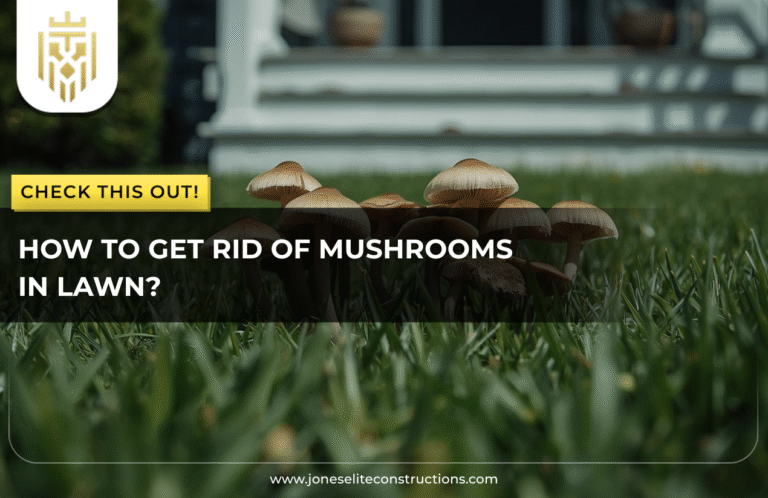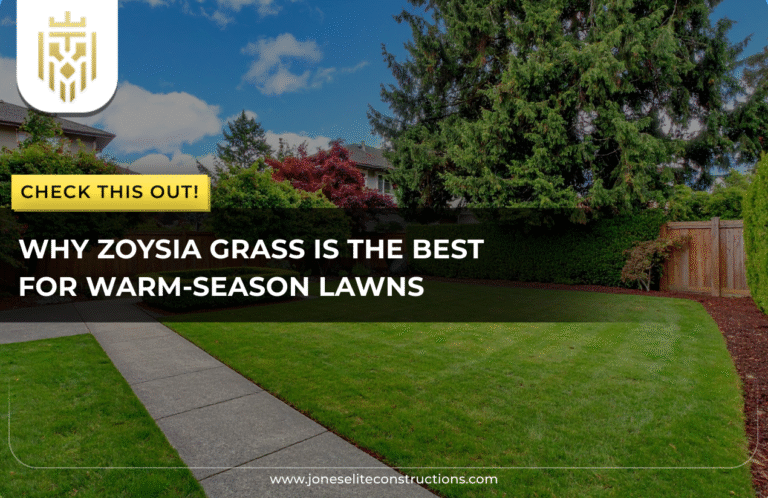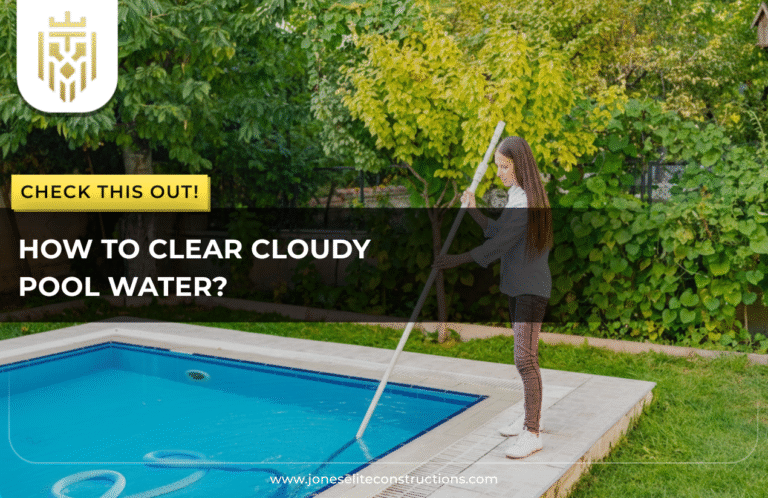Different Types of Tile Flooring
Tile flooring is a flexible option both in residential and commercial buildings and is durable, stylish, and easy to maintain. Having different types of tile flooring, homeowners have an option of picking up the kind of material, finish, and type of tile designs that would suit any need, be it a functional making use of outdoor tile flooring or an elegant indoor setting.
Types of Tile Flooring
The different types of tile flooring suit an extensive range of uses, from contemporary kitchens to outdoor patios. Other options, such as ceramic tile, porcelain tile, and mosaic tile, have their special features to make them appropriate to a wide variety of design needs, climatic factors, and changes of lifestyle in homes and gardens.
Ceramic Tile Flooring
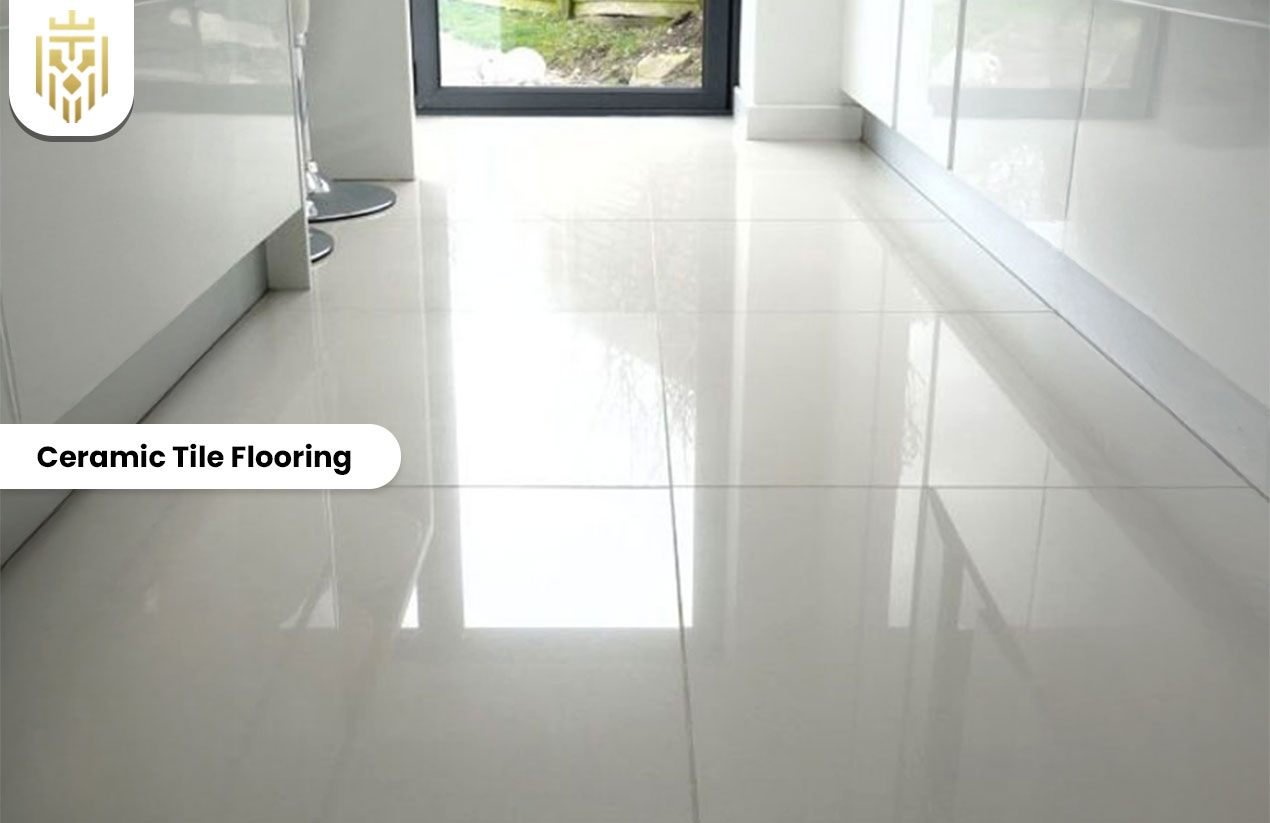
Ceramic tile is a well-liked and cost-effective flooring type with a reputation for being easy to maintain and long-lasting. It is ideal for indoor tile flooring and is available in many colors, patterns, and finishes, and homeowners can attain classic and modern appearances and get a high-performance service over a long period of time.
Porcelain Tile Flooring
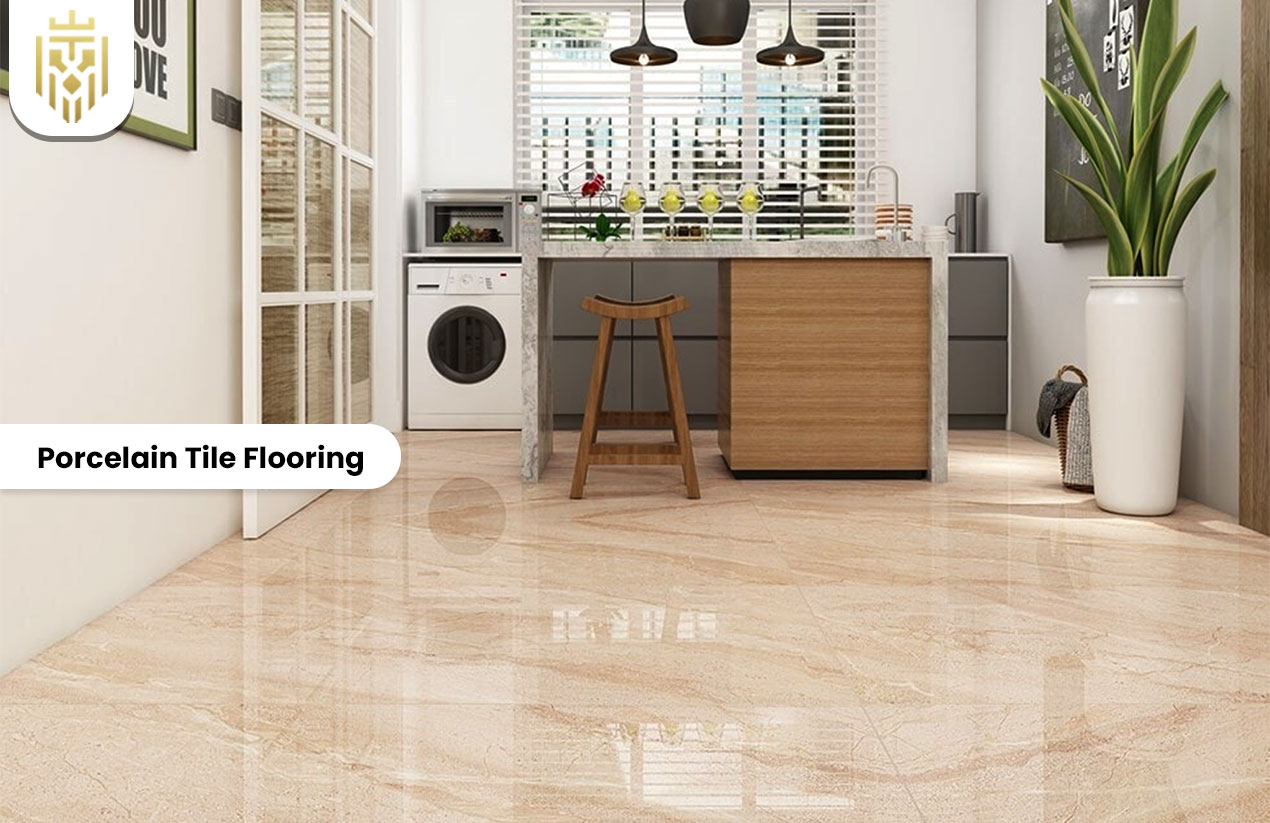
The porcelain tile flooring is more water-resistant and denser than ceramic and can be used in high-moisture environments such as a kitchen or a bath. It can be used as floor tiles and on walls, with options between natural stone look-alikes, wooden looks, or any other desired texture to give the installation a high-end, durable finish.
Natural Stone Tile Flooring
Natural stones (marble, granite, and slate) are popular materials for tile flooring. These materials are unrivaled in beauty and longevity. They are both attractive and have a traditional feel and beauty of a kind that makes them something to protect by sealing, but they also have a beautiful aesthetic to help pattern the beauty of a home.
Marble Tile
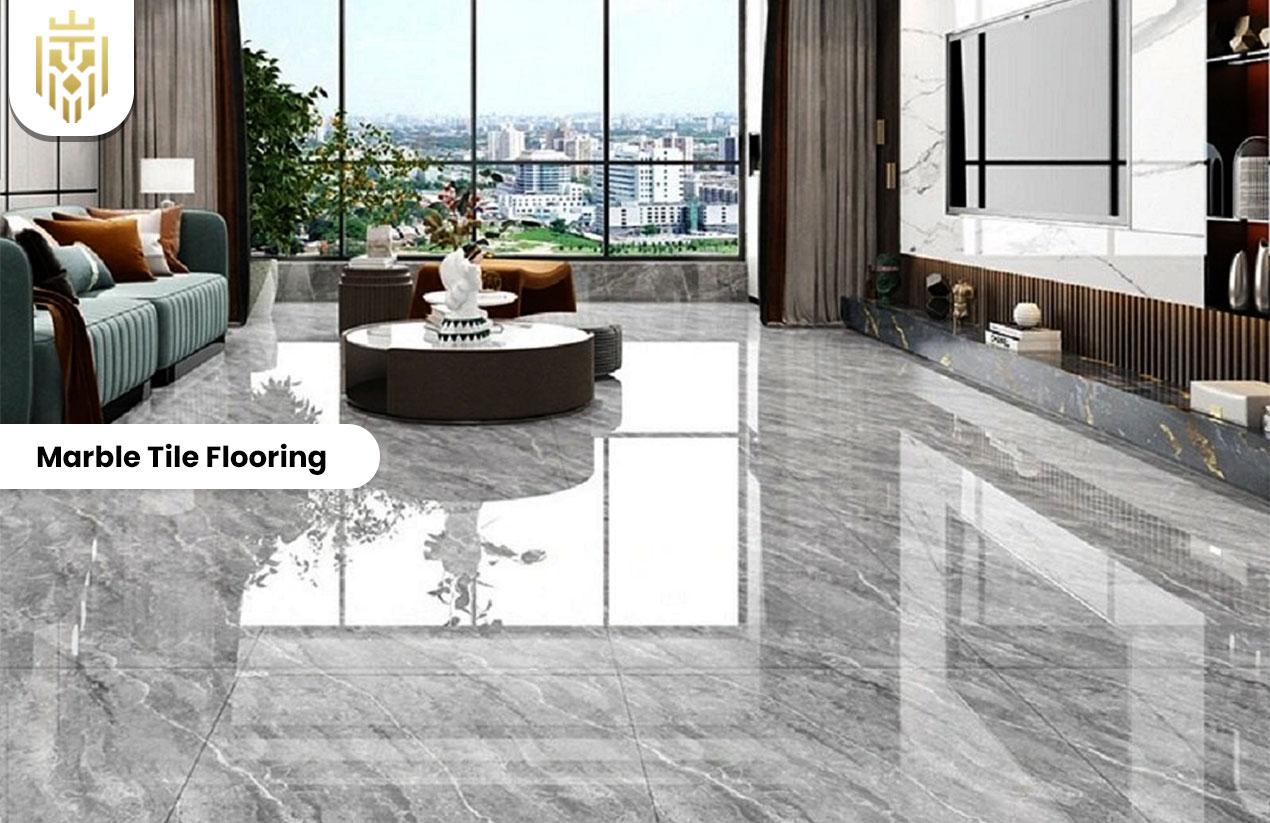
The marble tile has a sophisticated, refined look that instantly upgrades a room. Marble is very popular in high-gloss tile flooring and is available in a variety of natural shades and designs. The veining can be varied, making it an elegant but also versatile flooring option in both old-style and contemporary settings.
Granite Tile
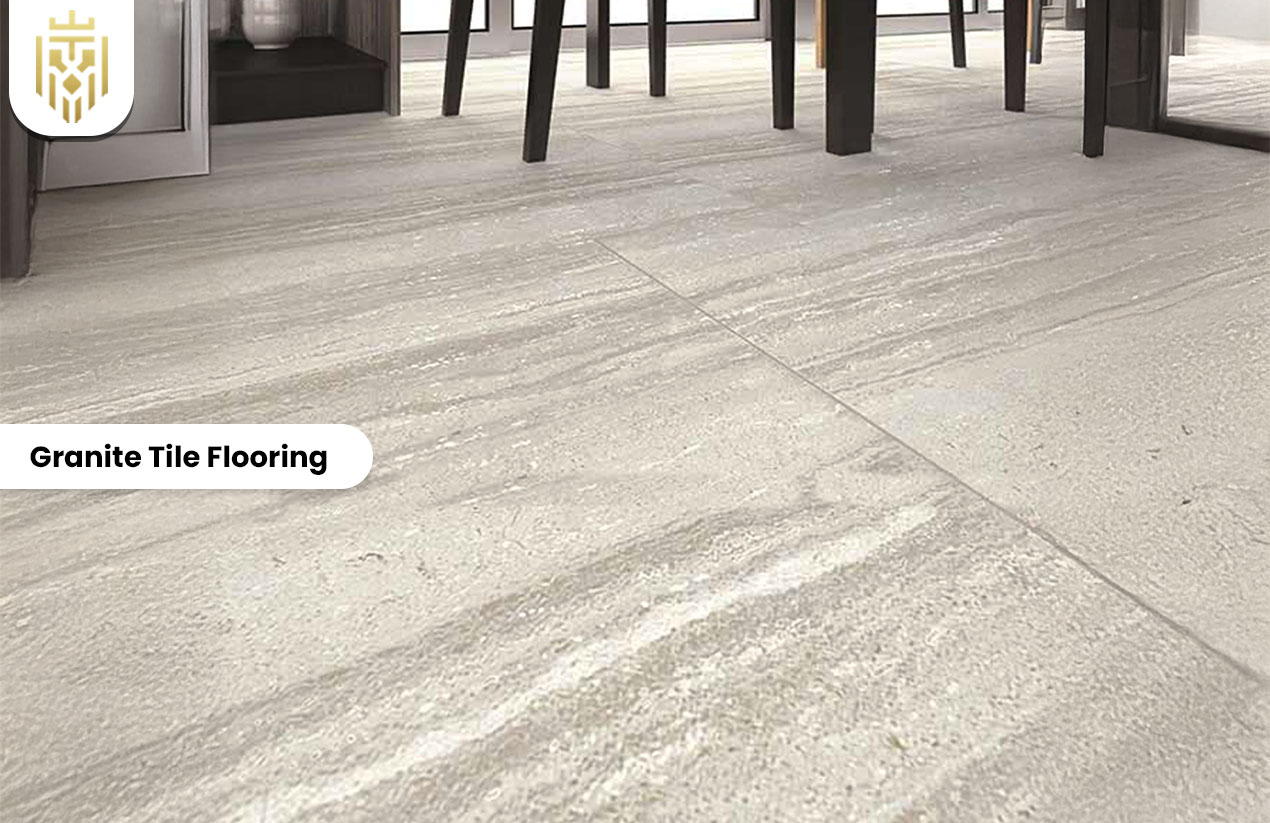
Granite tile is valued because of its durability, ability to resist scratches, and natural attractiveness. Granite tile is very common in tile flooring installation for areas with high traffic and has a diverse range of finishes and colors to suit your taste and is more common in kitchens, hallways, and outdoor areas; granite is a good and stylish practical choice.
Slate Tile
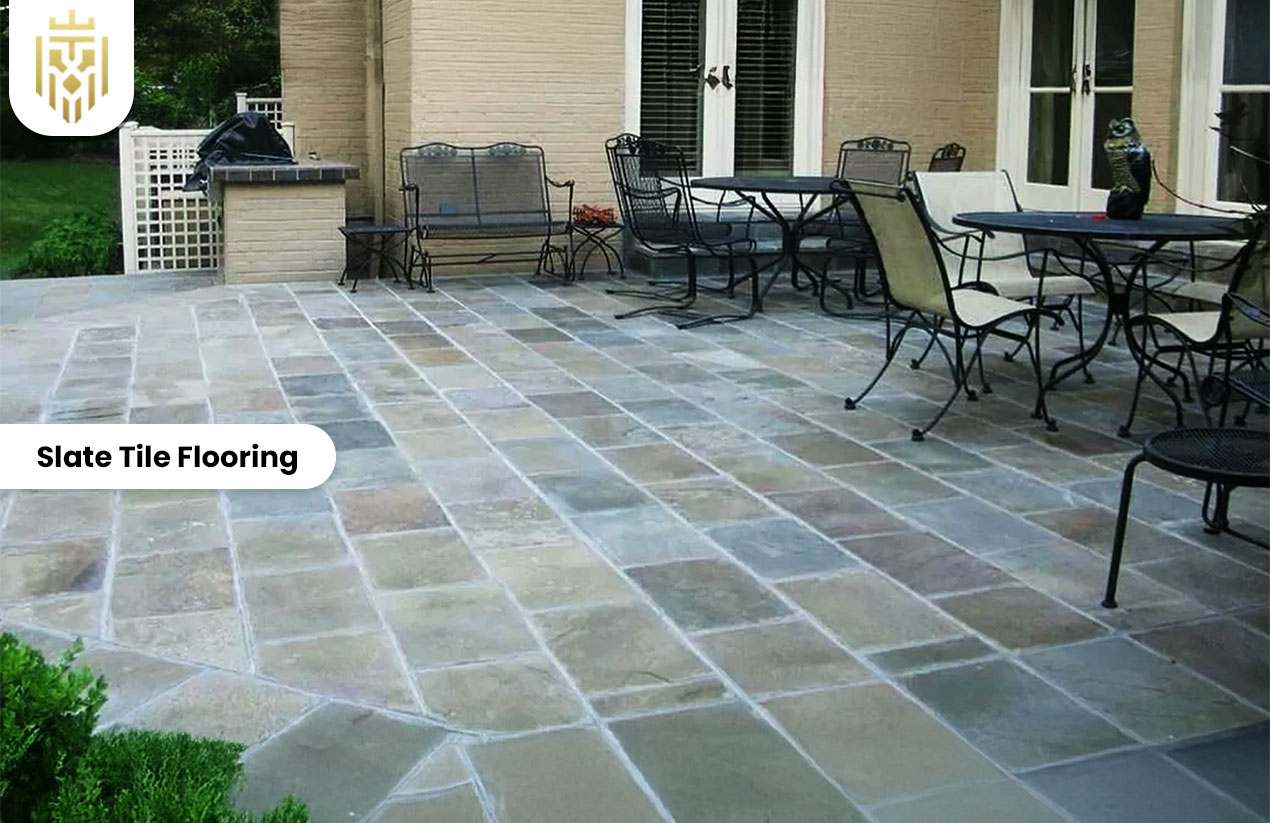
Slate tile flooring also has deep textures and earthy tones, which are suitable in rustic or natural-themed interior spaces. It is strong, slip-proof, and may serve as the outdoor tile flooring or in the interior, which gives specificity to the living spaces.
Mosaic Tile Flooring
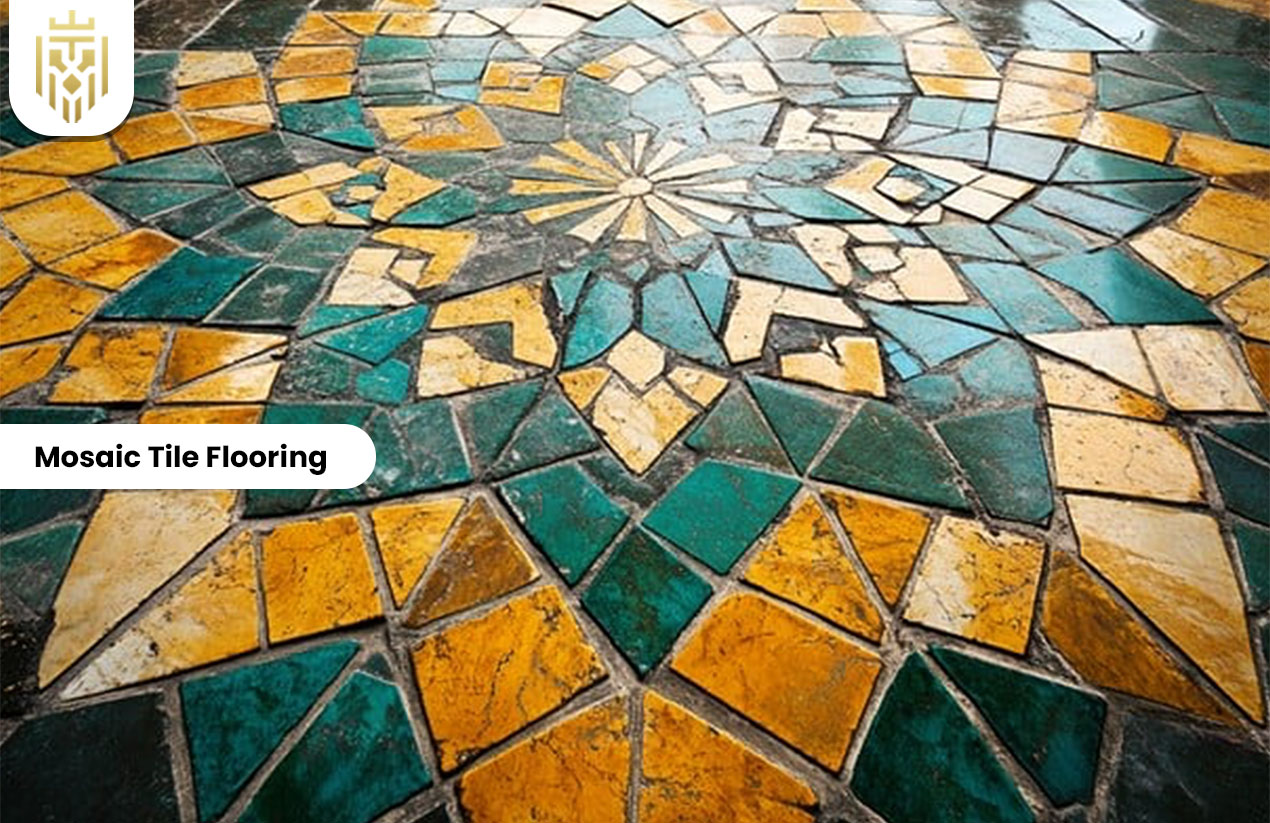
Mosaic tile floors are small and decorative pieces laid down in a mosaic pattern. These floor tiles are ceramic, glass, or stone and find a wide range of applications, as they are frequently employed in accent areas or decorative borders due to a limitless creativity in both bathrooms, kitchens, and entryways.
Glass Tile Flooring
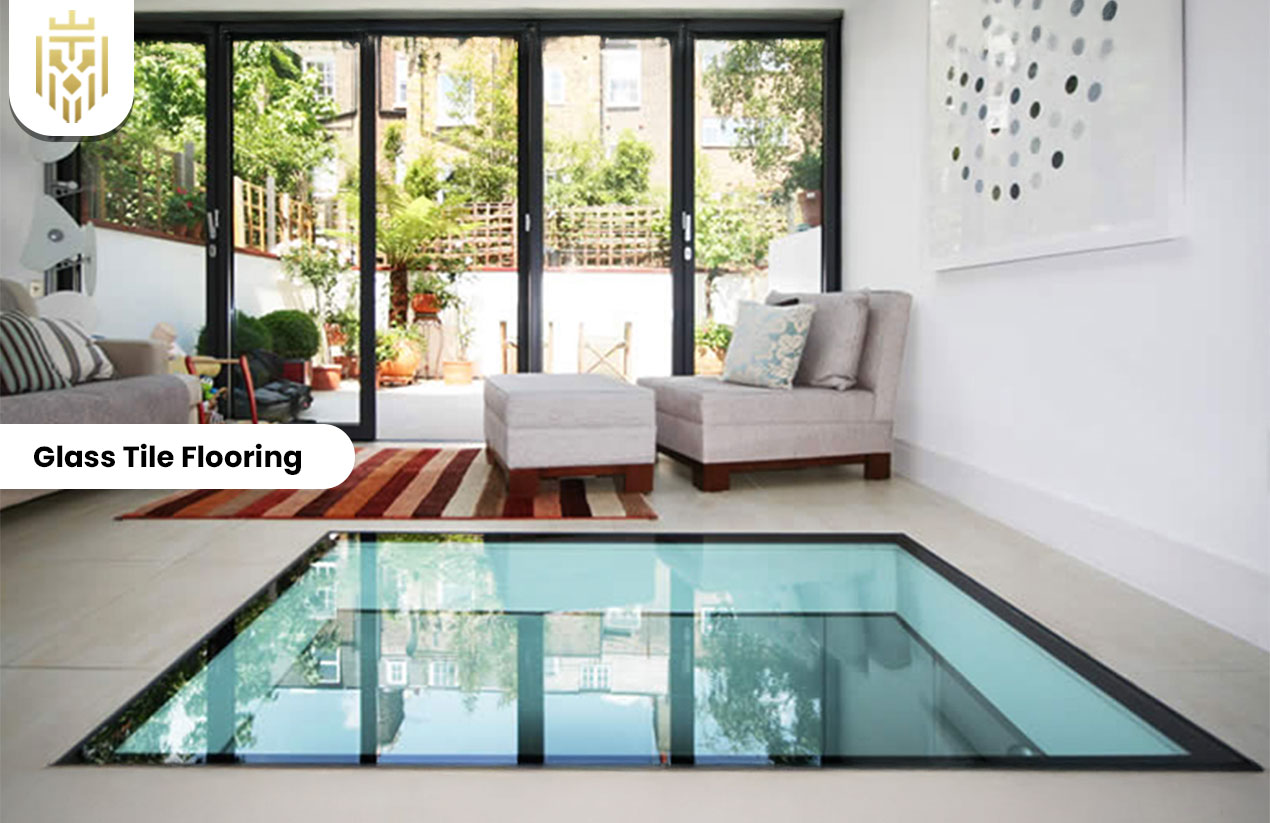
Glass tiles add a light, reflective surface to tile designs, which helps brighten up any room and make it seem larger. They are not typically done in the high-traffic areas of tile floors, but they are perfect accents, backsplashes, low-impact floors, and sections.
Cement Tile Flooring
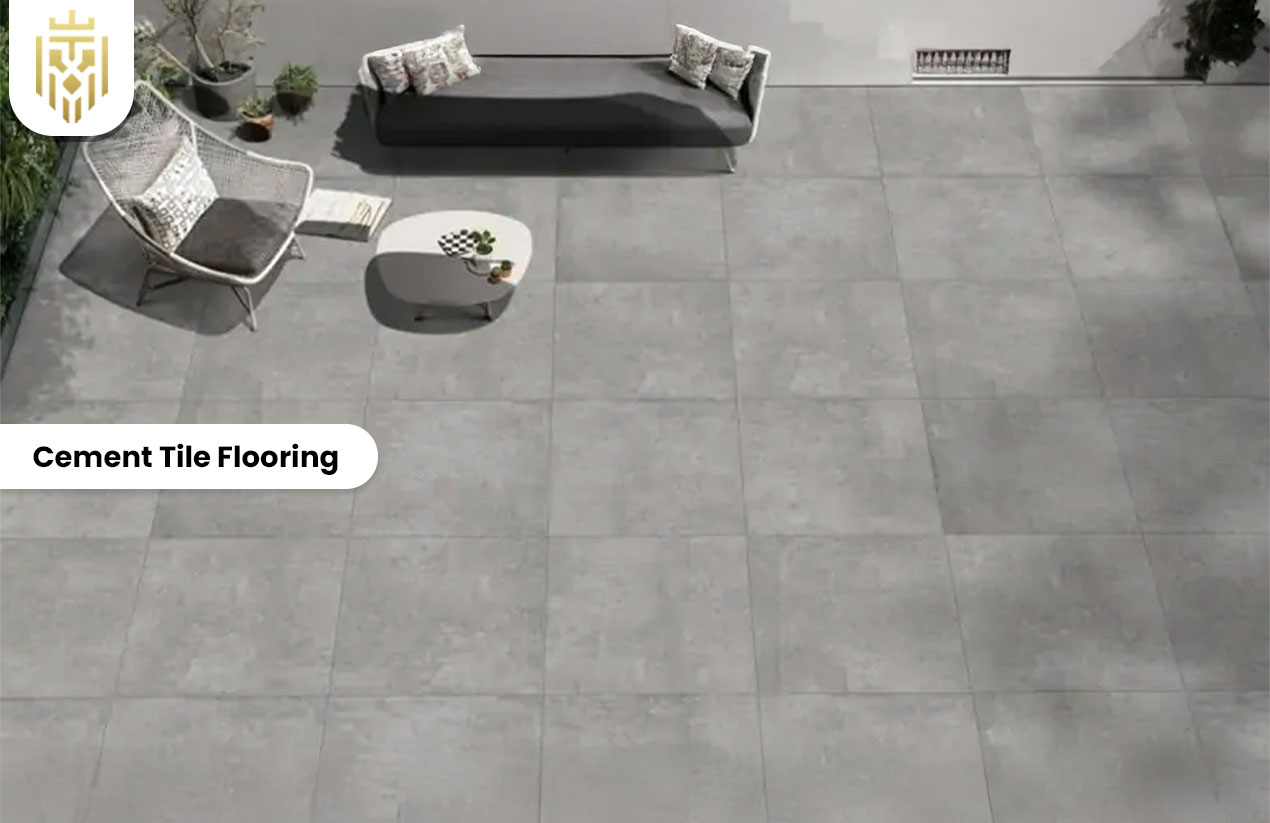
Cement tiles are hand-tiled and highly customizable, with bold colors and patterns. They are not sealed due to the moisture risk but are an excellent choice when it comes to creative tile flooring designs in kitchens, bathrooms, and outdoor patios—a marriage between art and utility.
Vinyl Tile Flooring
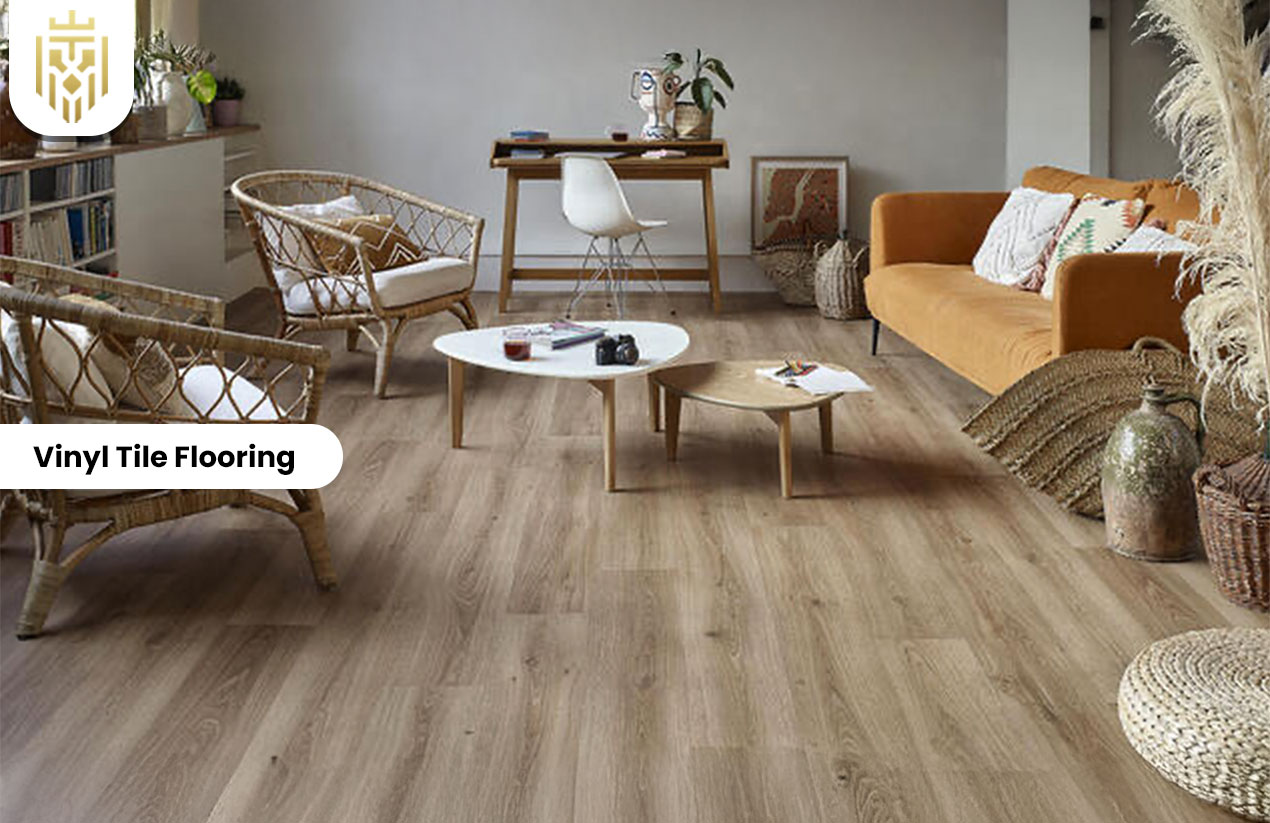
The various types of vinyl tile flooring vary in terms of durability, style, and installation technique. They will suit homeowners who want to spend less, looking to achieve a similar effect as stone or wood but with the advantage of a lower-maintenance option. Vinyl is also good underfoot, as opposed to harder flooring materials like tile.
Luxury Vinyl Tile
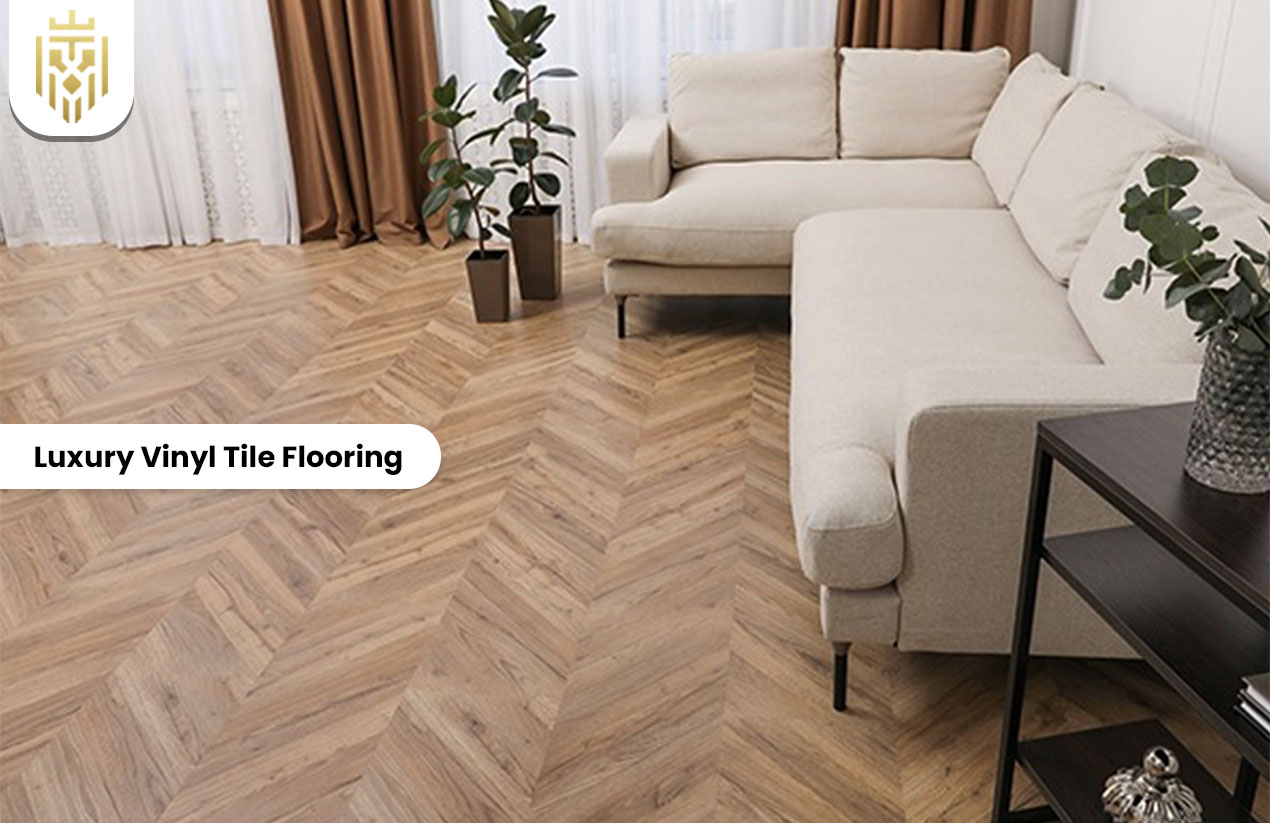
Among the kinds of vinyl tile flooring, a luxury vinyl tile provides an upscale alternative with realistic textures to imitate the appearance of wood, stone, or marble tile. It is waterproof, resilient, and comfortable and has been popular in kitchens, bathrooms, and high-traffic living areas.
Peel-and-Stick Vinyl Tile
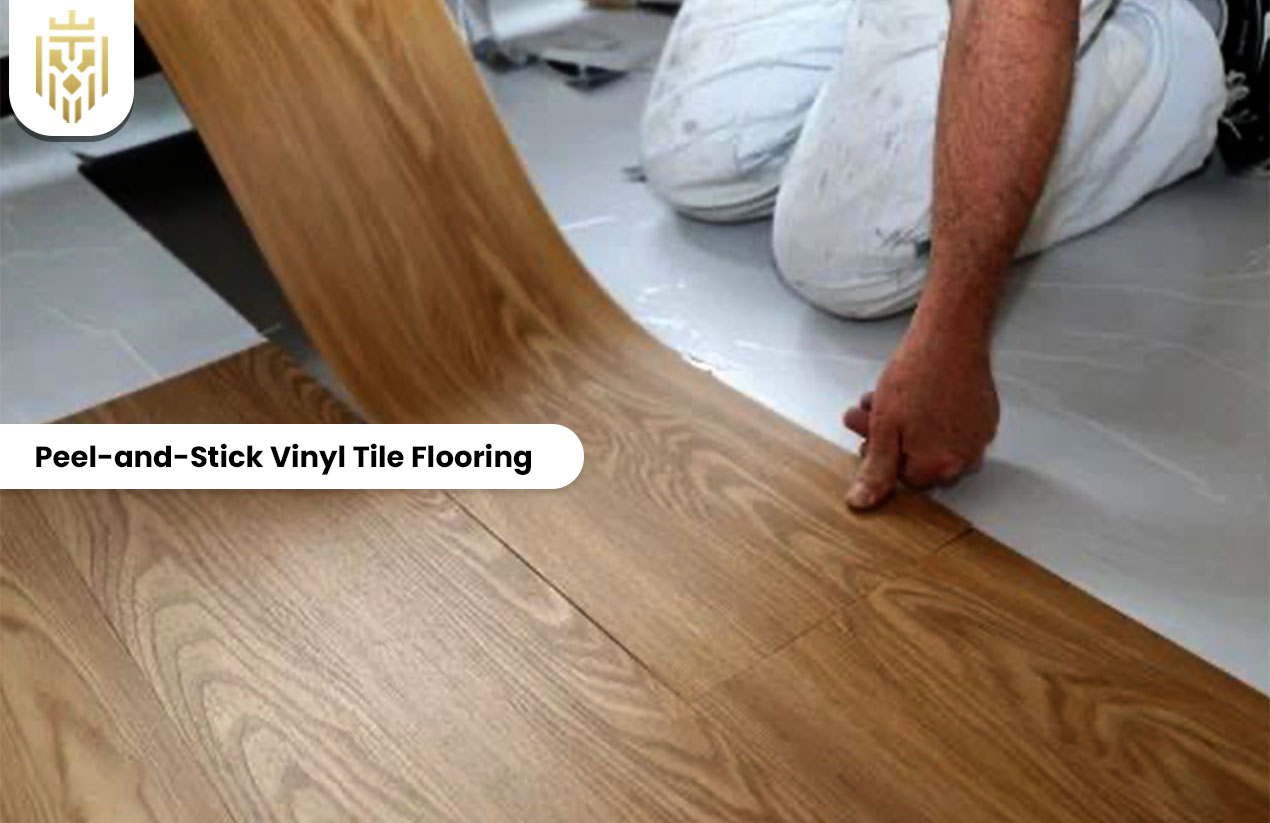
Peel-and-stick vinyl tiles are a simple DIY wood-free method to make quick makeovers. The method only needs a few tools to complete this tile flooring installation technique, which is ideal for renters or low-budget renovations but still provides beautiful finishes in different patterns and colorings.
Vinyl Composition Tile
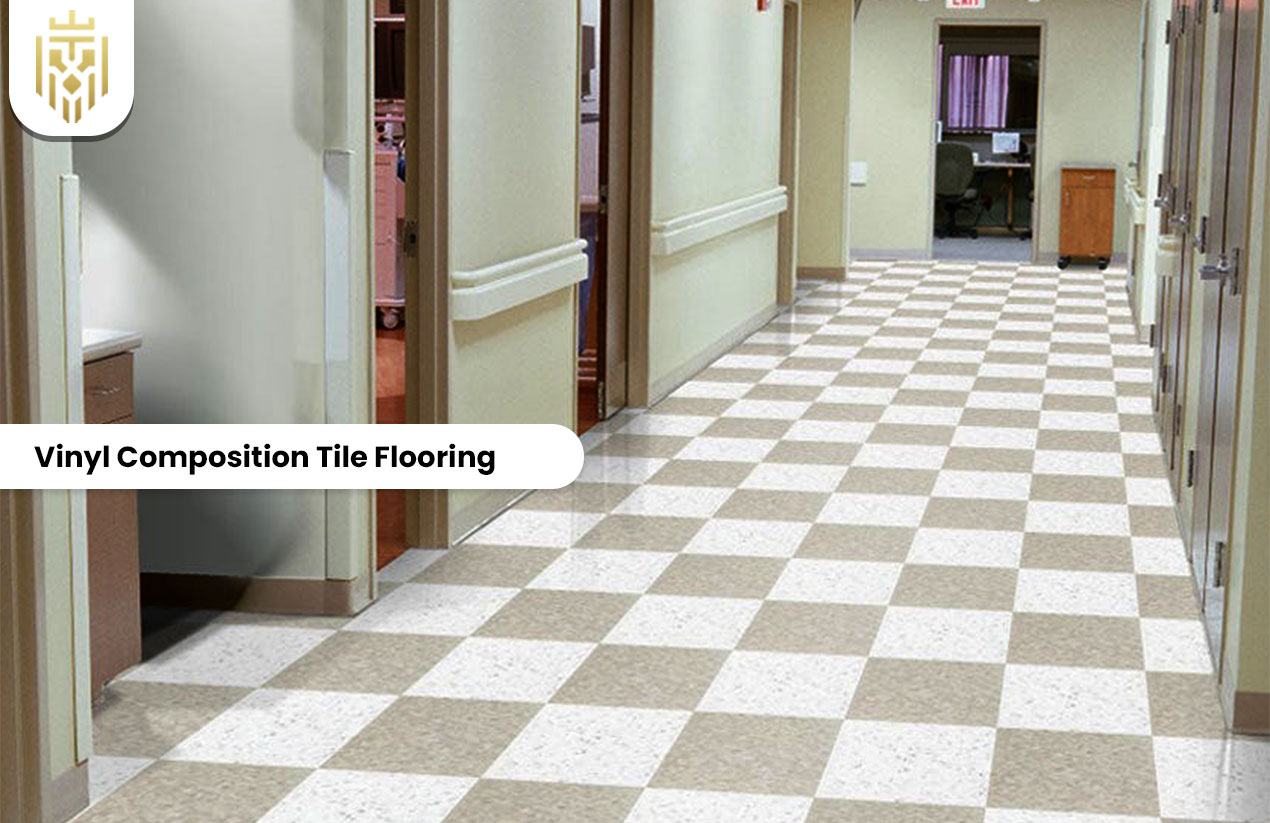
Vinyl composition tile is inexpensive and hardwearing, most often utilized in commercial buildings. It is a high-traffic tile choice that is supplied in a variety of solid colors or speckled finishes, which is functional yet stylish in large floor applications.
Sheet Vinyl Flooring
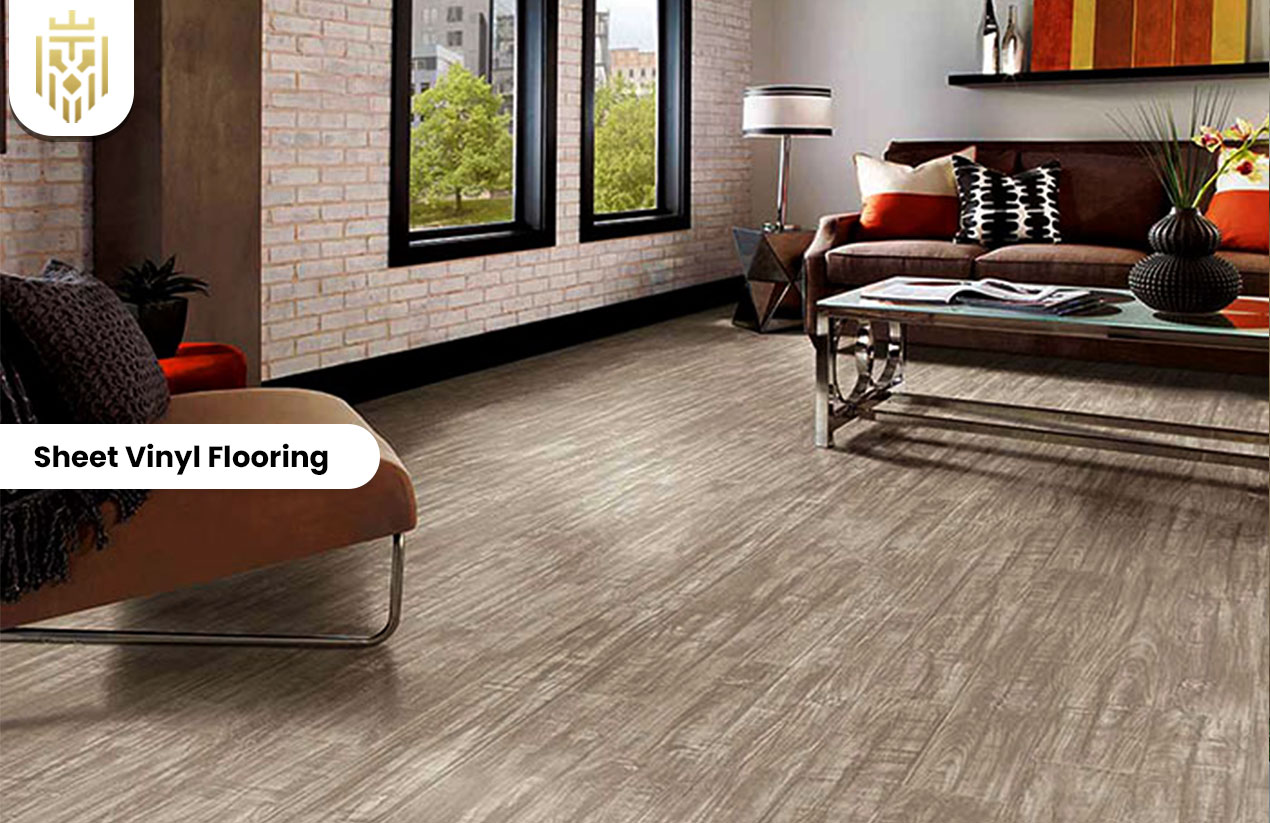
Sheet vinyl flooring provides a seamless cover and is therefore highly water-resistant. This type of vinyl tile floor is particularly good in bathrooms, laundry rooms, and kitchens, as well as being comfortable underfoot and a good feigned ceramic tile or stone imitation.
Things to Consider Before Choosing Tile Flooring
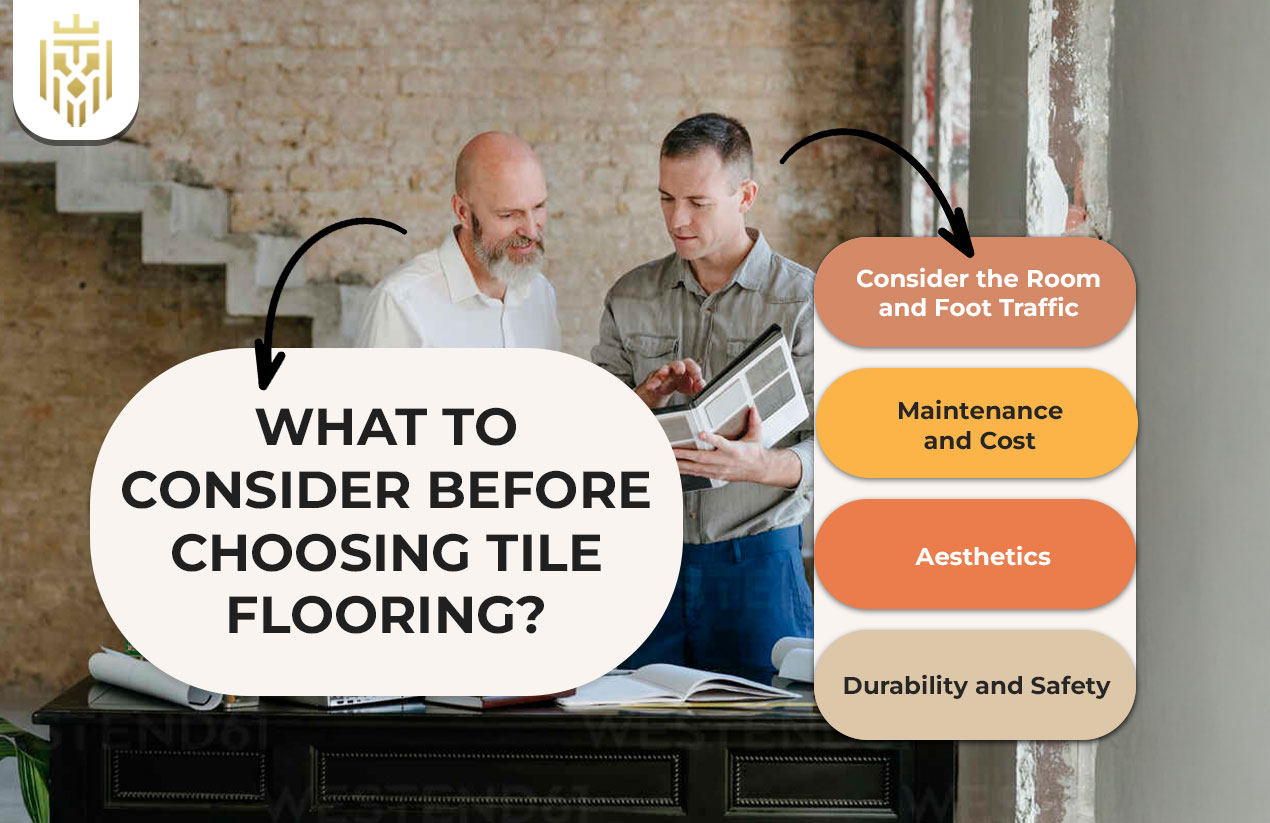
The considerations on the floor tiles include durability, style, budget, and the purpose of the room. Knowledge of the various categories of tile flooring can make the selection more focused, as you will get a material that suits your level of functional orientation and your aesthetic preferences.
Room and Foot Traffic
Areas of high traffic can be suitable for hardier solutions such as porcelain tile or granite tile, whereas less trafficked areas can be more decorative. The flooring of outdoor tile must be slip-resistant and weatherproof to remain safe and durable in different weather.
Durability and Safety
Ceramic tile and porcelain tile are better suited to durability, and natural stone combines durability and class. It is also essential to be safe: a slip-resistant finish should be applied in bathrooms, kitchens, and outdoor tiling of floors to reduce risks in moist environments.
Aesthetics
Finishes and tile designs can often dictate aesthetic appeal. Choices such as mosaic tile or high-gloss tile flooring provide character and natural stone tones in their lighter shades, complemented with sophistication. Follow the overall style of the room: consider pattern, texture, and color.
Maintenance and Cost
Materials differ in maintenance: ceramic tile is a low-maintenance material, whereas marble or cement may need to be sealed. Budget is also a factor; it is possible to strike a middle ground between aesthetics and future maintenance needs by comparing the costs needed to install tile flooring.
Advantages of Tile Flooring
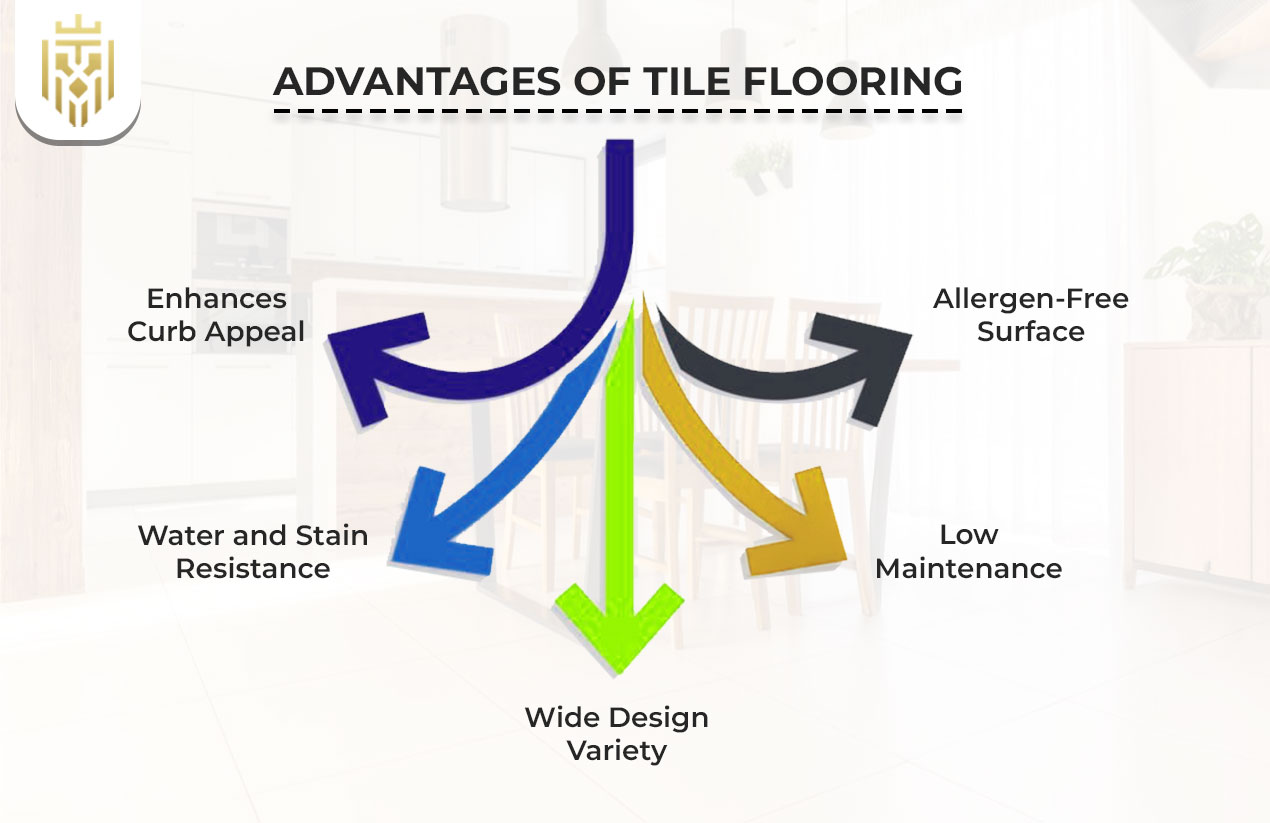
Tile flooring is incredibly durable and waterproof and has a wide variety of styles, making it appropriate in residential and commercial environments alike. These are tough surfaces used in ceramic tile and marble tile and have robust durability, are resistant to allergens, and offer versatile floor tile designs that can be stretched to suit various architectural designs and needs.
Durable
Tile flooring is said to be very durable, and such materials as granite tile and porcelain tile can last for decades of use. It can take a beating and last a long time with proper installation, which makes it a wise investment in homes and even commercial settings.
Water and Stain Resistance
Ceramic tile and porcelain tile are inherently water-resistant and stain-resistant, which is why these materials should be used in kitchens, bathrooms, and outdoor tile floors. This characteristic makes it easy to clean and minimizes maintenance.
Wide Design Variety
The choices in styles, textures, and colors are virtually inexhaustible, as diverse as mosaic tile patterns and high-gloss tile flooring. It enables homeowners to design floor tiles in any design style, such as contemporary minimalism or classical elegance.
Low Maintenance
Most tile flooring varieties have only minimal maintenance, with only occasional sweeping and mopping required to keep them clean. Porcelain tile is moisture-resistant and resistant to scratches, which makes it inexpensive to repair or replace after a period of time.
Allergen-Free Surface
Tile floors also offer the benefit of being hypoallergenic, as they do not harbor dust, pollen, or pet dander. Others, like ceramic tile and marble tile, have smooth surfaces that are easy to clean, which enhances indoor air quality in homes with allergy-sensitive individuals.
Disadvantages of Tile Flooring
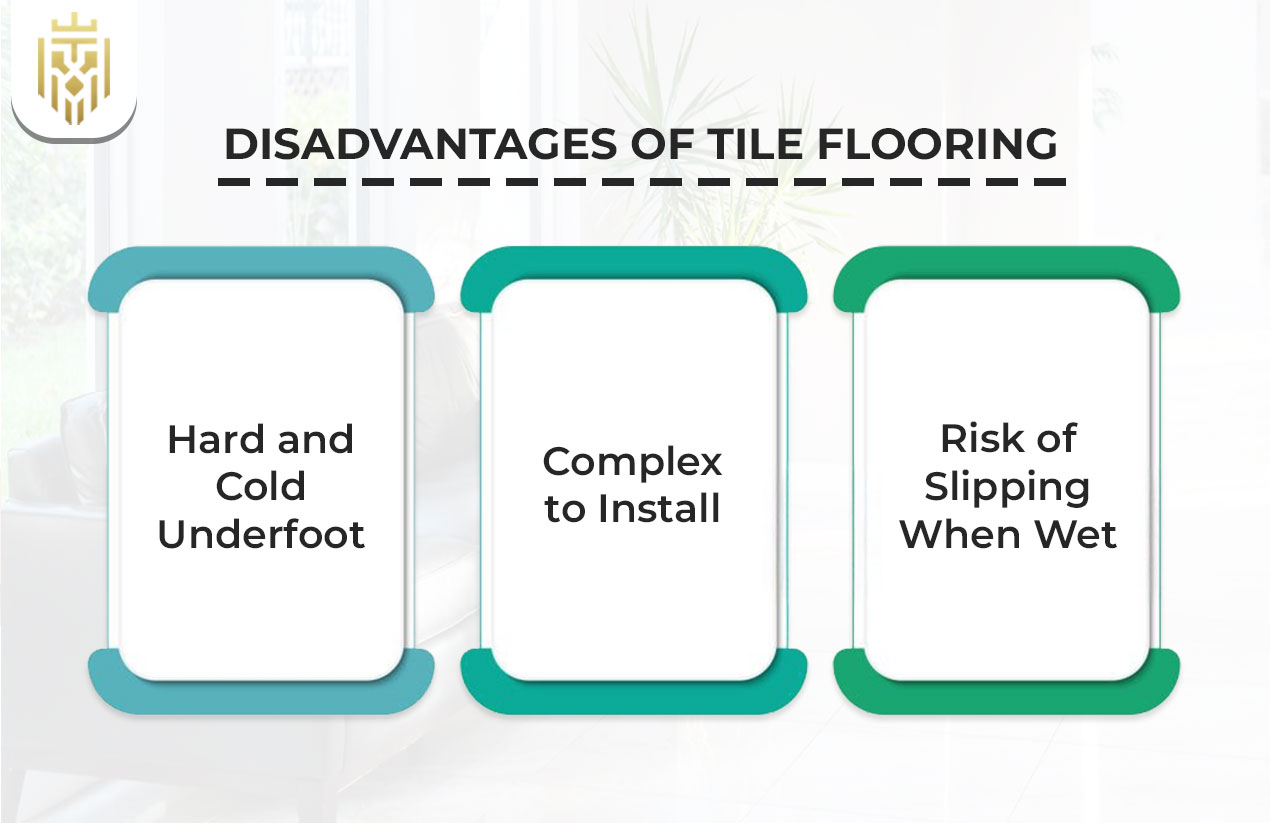
Although tiles are fashionable and long-lasting, they are very hard underfoot and chilly in winter and slippery when wet. Some forms of tile flooring can be rather expensive and demand professional installation, and other types of flooring, such as marble or slate, may need to be regularly sealed to keep their appearance and durability.
Hard and Cold Underfoot
Though long-lasting, tile floors may be uncomfortable, as they may be hard and cold, particularly in cold weather. There are alternatives, such as vinyl tile flooring, which can be a softly textured option that still offers aesthetic value and practical functionality to common living areas.
Complex to Install
Tile flooring may be a labor-intensive process that requires expertise to align and seal. Such complexity also raises costs, particularly when using more complex tile patterns or natural stone, and a professional installation is more likely to ensure long-term satisfactory results.
Risk of Slipping When Wet
Finishes such as high-gloss tile flooring can be slippery when wet, creating danger in the kitchen, bathroom, or outdoor tile flooring locations. To avoid the problem, safety can be ensured by selecting textured or slip-resistant alternatives without sacrificing fashion.
FAQs
1) What are the different types of tile flooring?
The various forms of tile flooring, like ceramic tile, porcelain tile, marble tile, granite tile, slate tile, mosaic tile, glass tile, cement tiles, and types of vinyl tile flooring, have different designs and uses.
2) What is the most durable type of tile flooring?
The hardest, most water-resistant, and longest-lasting tile flooring is the porcelain tile; it is hence used in kitchens, bathrooms, and commercial areas where there is continuous foot traffic.
3) What are the advantages of tile flooring?
The benefits of tile flooring are durability, resistance to water and stains, low maintenance, non-allergenic surfaces, and tile design versatility, which appeals to a variety of tastes and functional requirements and is available in a variety of materials and finishes.
4) Which type of tile flooring is best for high foot traffic areas?
In high foot traffic areas, porcelain tile and granite tile are the best options, which provide unparalleled durability, resistance to scratches, and lifelong appeal, which makes the floor tiles look beautiful and usable a couple of years later.


